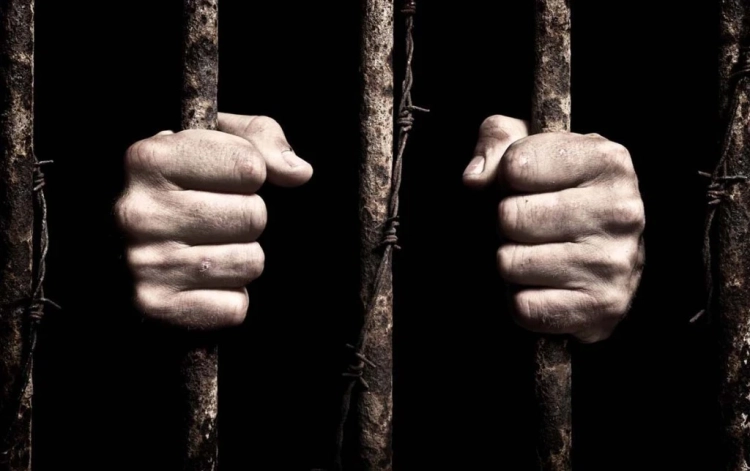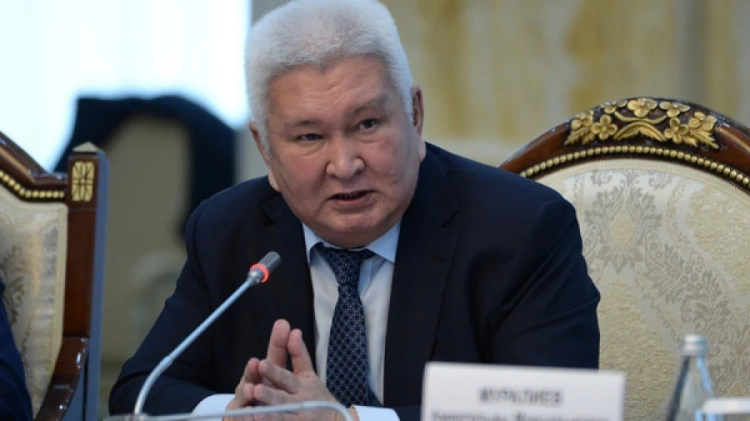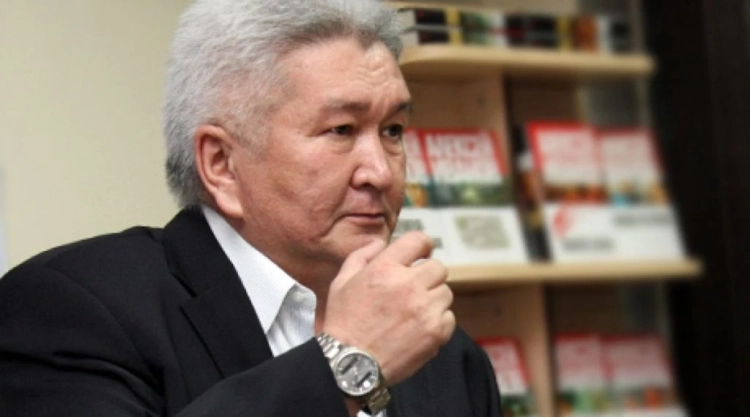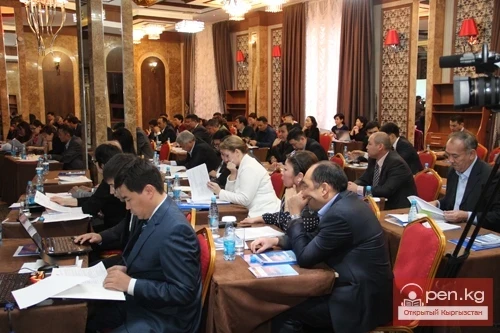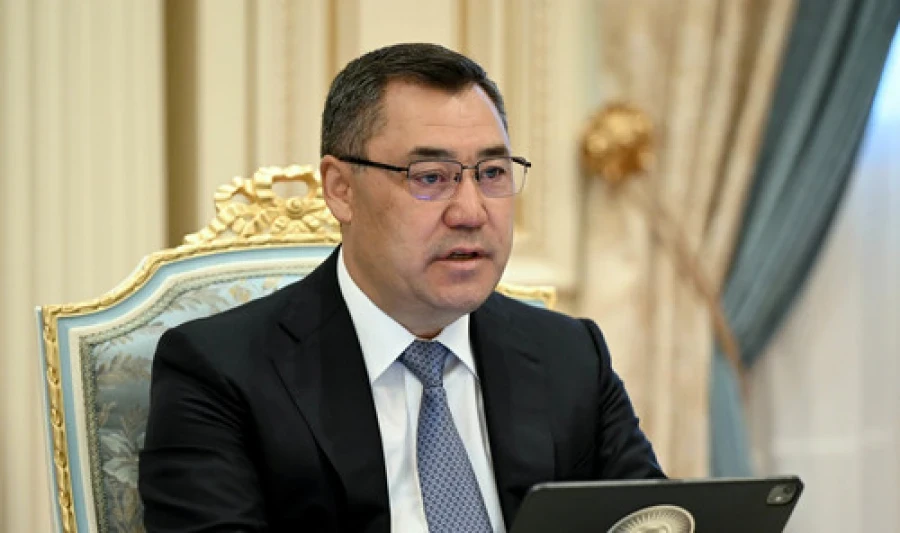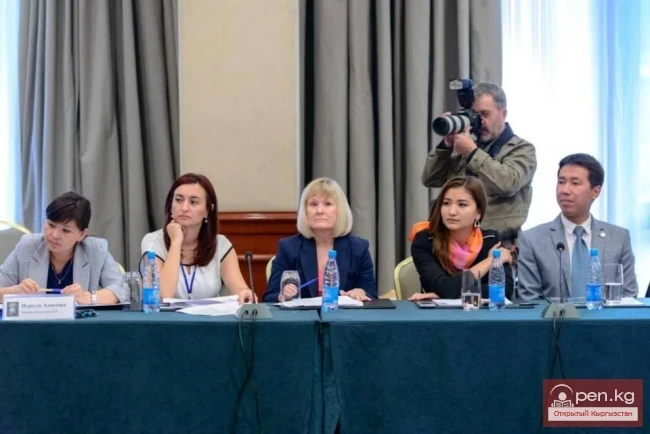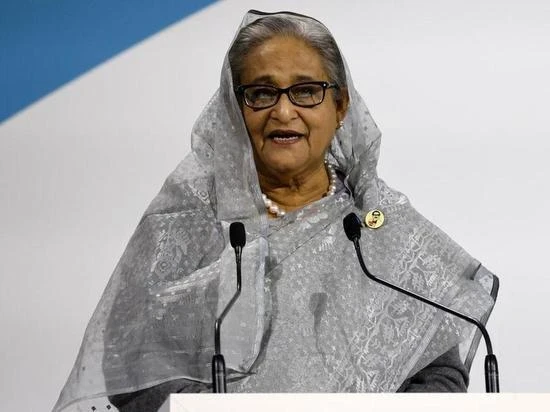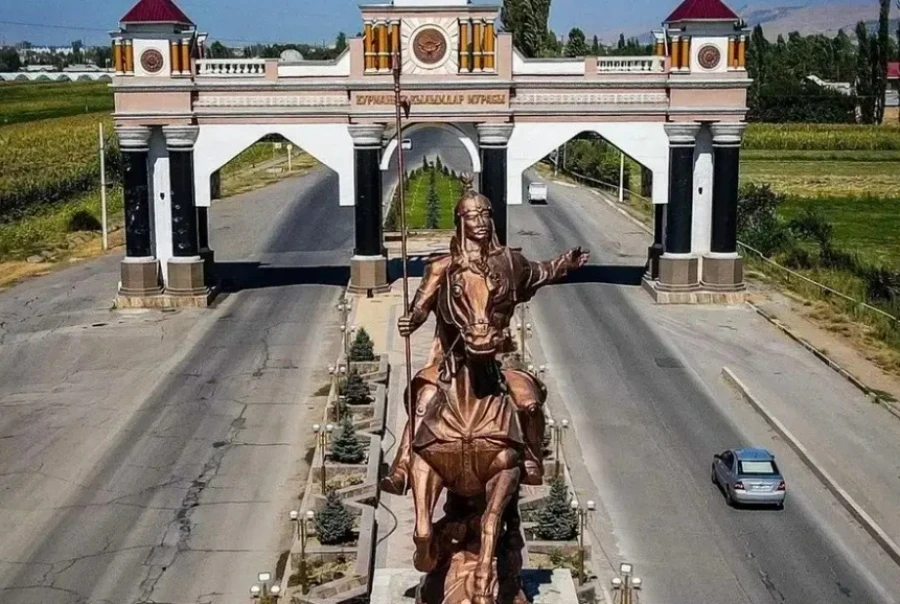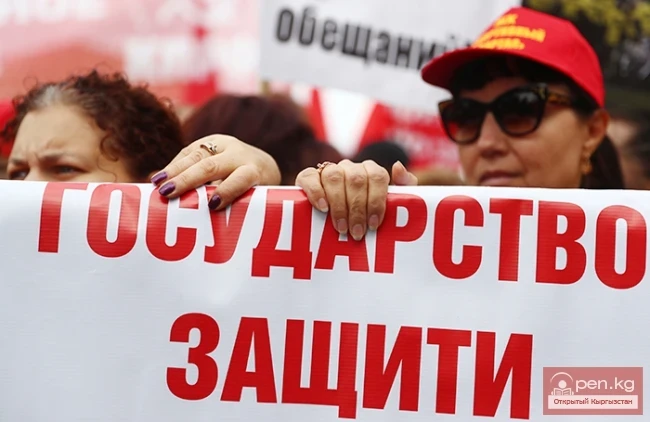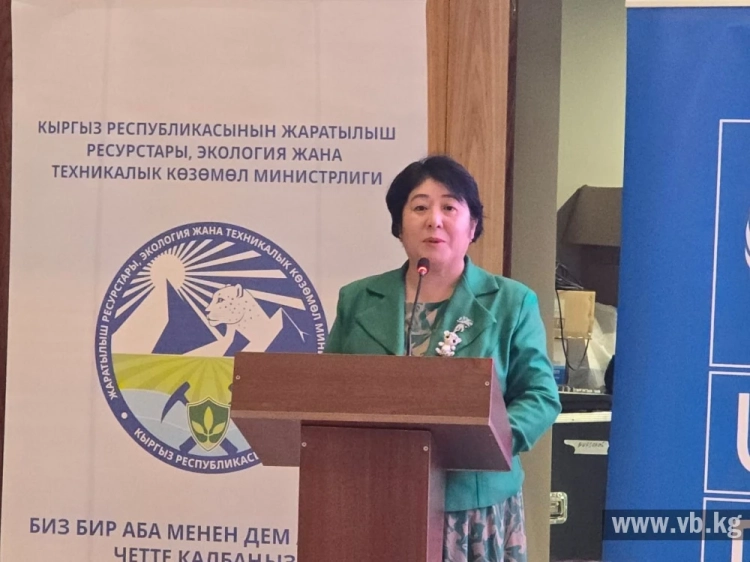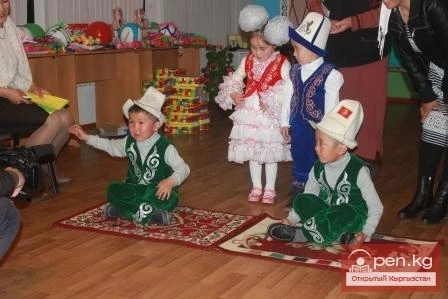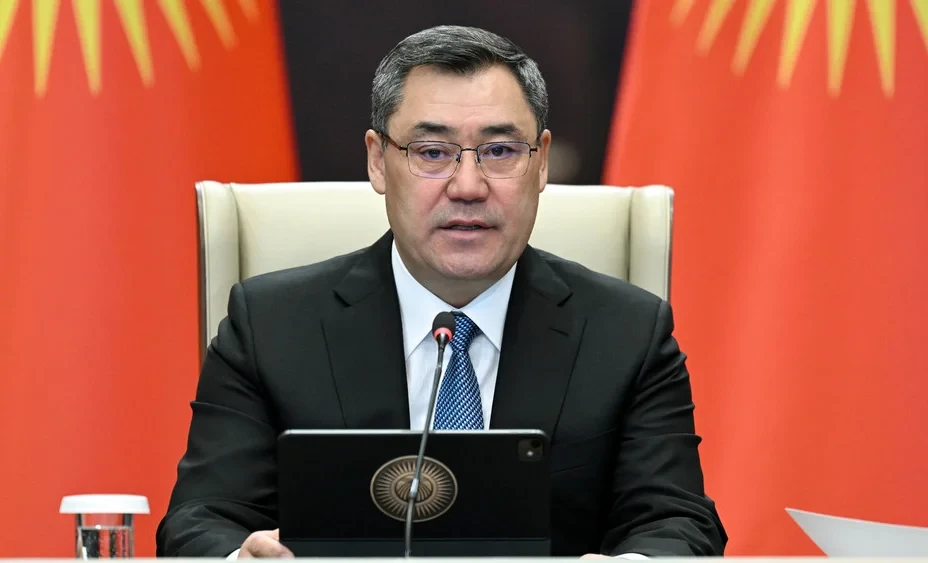Context: The Draft Law and Its Goals
Amendments to the Constitution that would allow for the reinstatement of the death penalty were developed at the request of President Sadyr Japarov. This initiative arose against the backdrop of the shocking murder of 17-year-old Aysulu Mukasheva in the Issyk-Kul region, which caused widespread public outcry.According to the proposed draft law, the death penalty could be applied for the rape of children and for murders committed with rape. The accompanying note states that "particularly serious crimes against women and children raise justified concern in society," and that "without the threat of the highest measure of punishment, it is impossible to ensure the protection of their lives and health."
Along with the amendments to the Constitution, a draft law on Kyrgyzstan's withdrawal from the Second Optional Protocol to the International Covenant on Civil and Political Rights, which was adopted in 2010 and enshrined the abolition of the death penalty in the country, was also put forward for discussion.
The President's Position: "The Decision is Up to the People"
President Sadyr Japarov previously emphasized that he does not intend to make a decision alone:“We will consult with the people. If the majority approves, the question may be put to a referendum.”
He stressed that this concerns only "brutal murders and pedophilia," and assured that "in the 21st century, technology ensures the transparency of judicial processes."
International Obligations: A Legal Issue
Lawyers and experts warn that withdrawal from the Second Optional Protocol is impossible—it does not provide for a mechanism to withdraw from participation.“This is legally inadmissible. Kyrgyzstan joined the protocol and is now obliged to comply with its norms. Attempting to denounce the agreement contradicts both international law and our Constitution,” noted lawyer Aida Kurmanbaeva from the Adilet legal clinic.
Human rights defenders emphasize that Kyrgyzstan is a member of the UN Human Rights Council. The return of the death penalty could jeopardize its participation in international structures and lead to diplomatic consequences.
International Partners' Opinion: EU and UN Against
The representative of the European Union in Kyrgyzstan, Lene Chakravarti, stated that the EU is "categorically against the death penalty":“It violates the fundamental right to life. Research shows that the death penalty does not reduce crime rates and can lead to unforgivable mistakes. We hope that Kyrgyzstan will uphold its international obligations.”
Matilda Bogner, head of the regional office of the UN High Commissioner for Human Rights in Central Asia, added:
“Kyrgyzstan signed the Second Protocol, and this is forever. The return of the death penalty would be a direct violation of international obligations. No judicial system is immune to errors, and the death penalty makes them irreversible.”
She also reminded of the statement by the UN High Commissioner for Human Rights, Volker Turk, who noted that by 2025, there should be no death penalty. “It undermines human dignity and trust in justice. The protection of society should be carried out through strong institutions, not through executions,” the statement reads.
Internal Legal Contradictions
Executive Director of the NGO "Bir Duyno Kyrgyzstan," Murat Karypov, pointed out the contradiction of this initiative with the Vienna Convention on the Law of Treaties, according to which a state cannot invoke its internal legislation as a justification for violating international obligations.Legal expert Takmina Ashuralieva added that the possible reinstatement of the death penalty creates a dangerous precedent: “If we allow ourselves to deviate from international law on one issue, tomorrow we may also abandon other conventions. This threatens the entire legal system of the country.”
Lawyer Leila Sydykova noted that the death penalty is not a new punishment. It has been known since ancient times.
“I want to quote Michel Foucault: ‘We must rid ourselves of the illusion that the criminal law system is primarily a means of combating offenses.’ Any criminal punishment is a result of a crime that has already occurred. But wouldn’t it be better to prevent the crime? This would require significant resources from the state, the implementation of special preventive programs, which would take years. However, this is a more correct and long-term strategy. The reinstatement of the death penalty is the easier path, but how effective it is is a big question.
It is clear that crimes may temporarily decrease (in this case, referring to acts for which the death penalty would be introduced), but it is not a fact that they will cease altogether. Over time, these acts may resume, as confirmed by the entire history of criminal legislation. Without real mechanisms to combat crime, we will be treading water, and even the death penalty will not help.
The paradox is that in choosing to protect the sexual integrity of minors and women who have lost their lives as a result of rape, we forget about other human lives.
This concerns people who may also become victims of criminals. It is important to pay attention to vulnerable categories, such as the elderly, the disabled, and adolescents, who may also suffer. And what if several people die? For example, an entire family. Such cases, unfortunately, occur in judicial practice. They remain outside the scope of the death penalty. Is this fair? A person's life is the only good given to them once. Unfortunately, we do not have statistics on murders committed in the country in recent years that could help predict the need for this punishment. Unfortunately, we do not know this,” she added.
Finally, the lawyer concluded: “If it is decided to put the issue of the death penalty to a national referendum, then, it seems to me, the path back to abolition will be closed. The result of the referendum is predictable.”
Arguments of Opponents: Does Not Deter Crime and Threatens Freedom
Journalist Semetey Amanbekov, speaking at the hearings, noted that the death penalty does not prevent crime: “It is not the severity of punishment that stops a criminal, but the inevitability. With low detection rates, the threat of execution does not scare. Moreover, it may push criminals to eliminate witnesses.”He also recalled judicial errors: in the 1980s, an innocent Alexander Kravchenko was executed in the USSR, while the real murderer—Andrei Chikatilo—continued his crimes.
The journalist recalled how a few years ago an innocent person, Kalybek Eltuibasov, brother of then Attorney General Aida Salyanova, was accused of the murder of 17-year-old Kamila Duyshbaeva.
“Now another suspect in the murder is confessing. If the death penalty had been in effect then, the innocent person could have already been executed. Or another case: an innocent person was also accused in the murder of politician Medet Sadyrkulov. If the death penalty had been introduced then, he would have been executed too. Fortunately, there was a journalistic investigation, and the guilty were punished,” added Semetey Amanbekov.
Moreover, he emphasized that the return or retention of the death penalty always creates direct and indirect threats to freedom of speech and journalistic independence.
The death penalty is applied only to particularly serious crimes that provoke widespread public and political resonance. In his opinion, journalists covering such cases find themselves under double pressure.
Cases involving a possible death sentence are considered with unprecedented secrecy and political interference.
“Journalistic investigations that question the evidence of guilt or the legality of the process can be perceived as an obstruction of justice or even as aiding a criminal. In a repressive environment where the death penalty has been reinstated, authorities tend to react harshly to any criticism. A journalist who opposes the investigation, points out procedural violations, or risks judicial error (irreversible in the case of the death penalty) is at risk of criminal prosecution. The threat of accusations, for example, of disclosing investigative secrets or defamation, is greatly amplified when it comes to cases that could result in a death sentence,” he concluded.
Political Subtext
Some participants in the hearings saw an electoral subtext in this initiative. Human rights defender Dmitry Kabak believes that the issue of the death penalty is being used to mobilize public opinion before elections:“This is a way to earn political points against the backdrop of public anger and pain. Instead of strengthening trust in justice, society receives only an emotional reaction and populism.”
What’s Next?
Representatives of the Ombudsman Institute reported that they are studying current legislative initiatives but are not yet ready to voice a clear position. It was suggested at the hearings to send a request to the Venice Commission for an expert opinion.Meanwhile, human rights defenders and international partners warn: if Kyrgyzstan indeed decides to return to the death penalty, it will be a step backward—not only legally but also civilizationally.
“The strength of the state lies not in revenge, but in fair justice,” said human rights defender and journalist Tamara Valieva. “If we legalize death in the name of the state, then we all become accomplices in this execution. This means that the state does not strive for self-improvement and wants to shift the responsibility onto the shoulders of citizens. There are speculations on the just indignation of citizens to introduce the death penalty and, possibly, under the guise of pressing cases, to deal with completely different people.”
Public hearings on the president's initiative concluded on October 28. The Media Action Platform of Kyrgyzstan issued a statement to the authorities, expressing serious concern about the proposals to reinstate the death penalty.
“The return to this measure of punishment will be a clear violation of Kyrgyzstan's international agreements and contradicts the country's obligations to the UN Human Rights Council, the OSCE, and the Universal Declaration of Human Rights. The experience of many countries has shown that the restoration or active application of the death penalty directly leads to a deterioration of the human rights situation and a weakening of the rule of law. All examples indicate that the death penalty does not strengthen law and order; rather, it creates conditions for arbitrariness, fear, and violence,” emphasized the participants of the hearings.
The Media Action Platform of Kyrgyzstan proposes to maintain the republic's status as a state that has joined the Second Optional Protocol to the International Covenant on Civil and Political Rights. Otherwise, there will be a contradiction with the Vienna Convention on the Law of Treaties (Article 56).
Instead of introducing the death penalty, the following measures are proposed:
• to introduce life imprisonment without the possibility of parole for crimes related to violence and the murder of children and women;
• to expedite DNA testing and special investigative procedures;
• to expand victim protection;
• to create a registry of sexual offenders;
• to enhance electronic monitoring;
• to increase preventive measures through targeted programs.
All proposals are directed to the official portal for public discussion of draft regulatory acts of Kyrgyzstan koomtalkuu.gov.kg.
